- Yelena Ionova
- Read Time: 5 mins
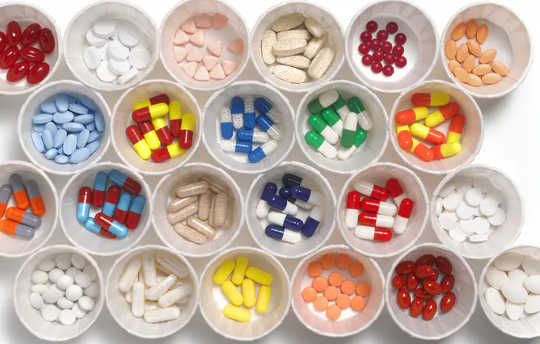
There are many more ingredients in every pill you take than what is listed on the bottle label.

There are many more ingredients in every pill you take than what is listed on the bottle label.

The case for a referendum on New Zealand’s cannabis law was already urgent in 2015 when the supposedly more pressing issue was whether to change the flag.

Aging is the result of oxidative stress in which the production of free radicals is out of balance with the more protective antioxidants. And the more oxidative stress we have the quicker we age. It damages our cells and...

As we get older, our skeletal muscle mass, strength and power to move gradually decline, which may lead to a condition called sarcopenia.

If you’ve ever taken a course of antibiotics, then you’re probably familiar with some of the side effects of these drugs, including gastrointestinal distress, overgrowth of harmful bacteria in the intestines, and the resulting diarrhea. For many people the aftermath of taking antibiotics is...

Oxytocin is often called “the love hormone” because of its role in social bonding, reproduction and childbirth. This hormone may also affect our memory – though in ways that aren’t completely clear.
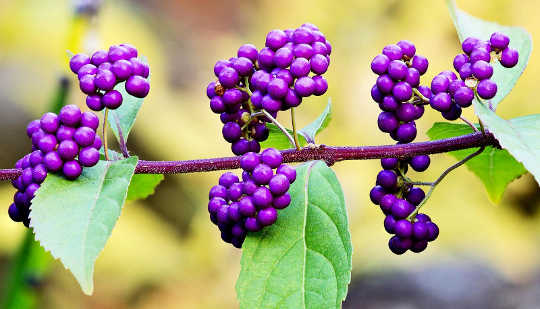
A compound in the leaves of a common shrub, the American beautyberry, boosts an antibiotic’s activity against antibiotic-resistant staph bacteria, scientists report.
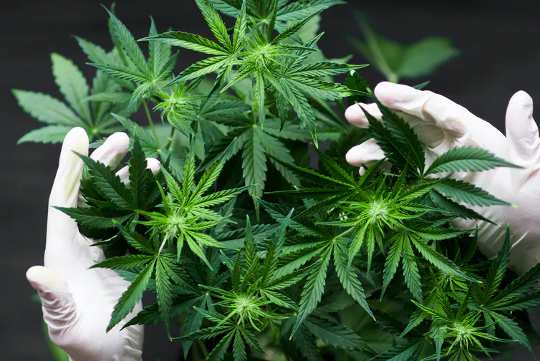
Cannabis use has long been associated with memory loss. But until now, this notion was largely anecdotal.

Vitamin D has emerged as “the vitamin of the decade”, with a long and growing list of maladies supposedly caused through its absence or prevented through its bountiful supply.

If your blood test results suggest you’re low on vitamin D, you’re not alone – nearly one-third of the Australian population isn’t getting enough of the sunshine vitamin.

Is this all just hype, or could vitamin D really help in the fight against COVID-19?

Our ancestors were extremely awe-inspiring in the ways they incorporated essential oils into not just healing and saving lives, but in every aspect of their daily routines and healing methods. Herbs, plants, and the oils derived from them, were the main components of healing in every culture on earth for hundreds of thousands of years.
More than half of Americans take a dietary supplement, but the truth is, most people don't need them.
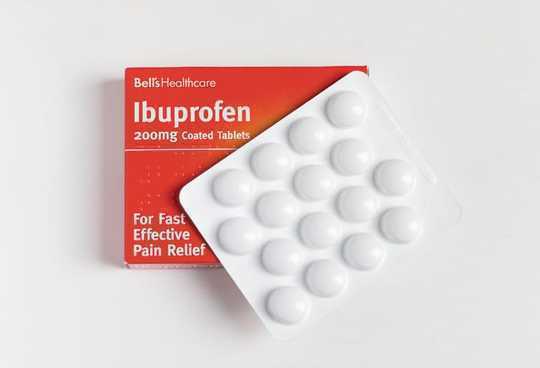
There’s been some confusion recently on whether we should or shouldn’t take ibuprofen to treat symptoms of COVID-19 – especially after the World Health Organization (WHO) changed its stance.
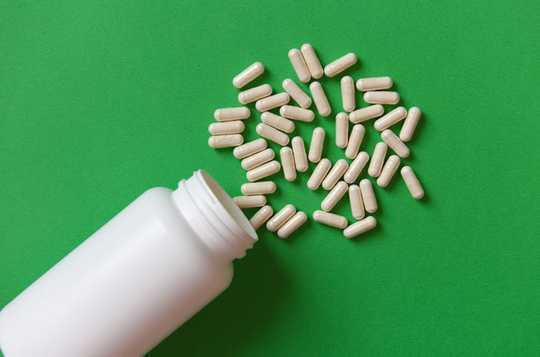
We have trillions of bacteria living on or in us – and over 80% of these live in our gut. Over thousands of years of co-evolution, we have developed a way of working together with our bacteria, which play a hugely important role in our bodies.

A tweet saying ibuprofen reduces menstrual flow by 50% went viral last month.The original tweet and ensuing responses fuelled a debate about society’s supposed unwillingness to talk about periods.
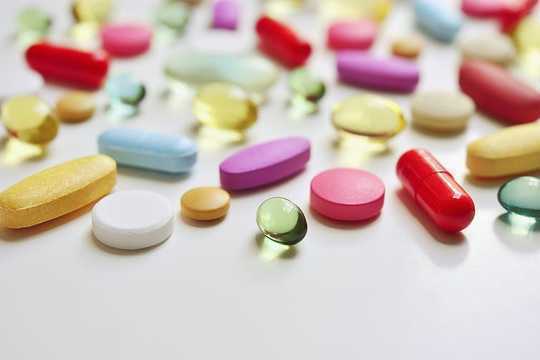
More than two-thirds of Americans take dietary supplements. The vast majority of consumers – 84% – are confident the products are safe and effective.
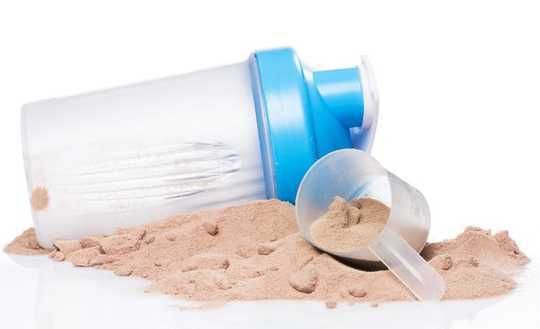
Imagine a synthetic product that can give your body all the essential nutrients it needs to survive, is easy to prepare, affordable, and has a low environmental impact.

It is estimated that there is a staggering £300m worth of medicine unused in the UK every year. But is it safe to take these medicines if they are past their expiry date?
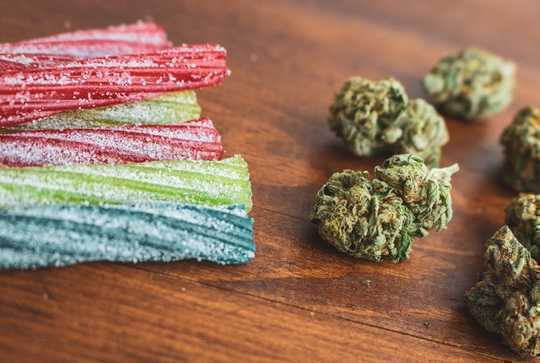
While edibles may provide a delivery system that provides the intoxicating effects of cannabis while avoiding the risks of smoking, the delayed and variable absorption of cannabis edibles can result in over-consumption and unpredictable results.
Page 3 of 9

